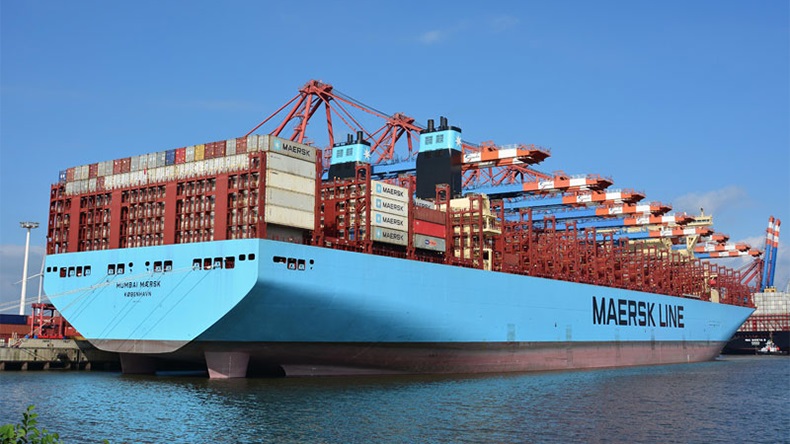“As the India-Australia Economic Cooperation and Trade Agreement (ECTA) came into effect, many exporters either delayed or held the shipments to get the 5% duty benefit. As a result, the exports declined by 62% in December.”
— Tapan Mazumder, Additional DGFT, Department of Commerce, Ministry of Commerce and Industry, Government of India
Exports from India to Australia decreased by 62% in December 2022 as a result of exporters delaying shipments in order to benefit from the 5% duty reduction provided by the India-Australia Free Trade Agreement, which went into effect on December 29, according to a report from nriaffairs.com.
“As the India-Australia Economic Cooperation and Trade Agreement (ECTA) came into effect, many exporters either delayed or held the shipments to get the 5% duty benefit. As a result, the exports declined by 62% in December,” according to Tapan Mazumder, Additional DGFT, Department of Commerce, Ministry of Commerce and Industry, Government of India. He was speaking at a business outreach session on the opportunities and benefits of the ECTA broken down by sector.
Under the ECTA, Australia is granting zero-duty access to India for all of its tariff lines. According to the Certificate of Origin (CO), particularly for industries like gems and jewellery, textiles, engineering products, and transmission lines, he projected that India’s exports would rise dramatically in January.
The tariff discounts granted by India will enable local/domestic companies to obtain less expensive raw materials and improve their competitiveness since reports indicate that roughly 96% of Australia’s exports to India consisted of raw materials and intermediate products
A CO is a crucial document for international trade that attests that all the products in a specific export shipment were entirely acquired, produced, manufactured, or processed in that nation. He stated that India’s labour-intensive industries, which are currently subject to an import charge of 4-5% by Australia, will see the biggest increase.
Along with its trade agreement with India, the ratification of the double tax avoidance agreement (DTAA) by the Australian Parliament is a significant announcement. The DTAA might go into effect on April 1, 2023, and it’s anticipated to eventually save Indian IT companies doing business in Australia up to USD $1 billion.
Australia is granted duty-free access to 70.3% of India’s tariff lines (40.3 per cent tariff lines from day one and the remaining 30 per cent in a phased manner). Coal, calcined alumina, manganese ore, copper concentrates, bauxite, sheep meat, rock lobster, macadamia nuts, cherries, and wool are all free of duty in India.
The tariff discounts granted by India will enable local/domestic companies to obtain less expensive raw materials and improve their competitiveness since reports indicate that roughly 96% of Australia’s exports to India consisted of raw materials and intermediate products.
*******************************************************************
Readers
These are extraordinary times. All of us have to rely on high-impact, trustworthy journalism. And this is especially true of the Indian Diaspora. Members of the Indian community overseas cannot be fed with inaccurate news.
Pravasi Samwad is a venture that has no shareholders. It is the result of an impassioned initiative of a handful of Indian journalists spread around the world. We have taken the small step forward with the pledge to provide news with accuracy, free from political and commercial influence. Our aim is to keep you, our readers, informed about developments at ‘home’ and across the world that affect you.
Please help us to keep our journalism independent and free.
In these difficult times, to run a news website requires finances. While every contribution, big or small, will makes a difference, we request our readers to put us in touch with advertisers worldwide. It will be a great help.
For more information: pravasisamwad00@gmail.com








